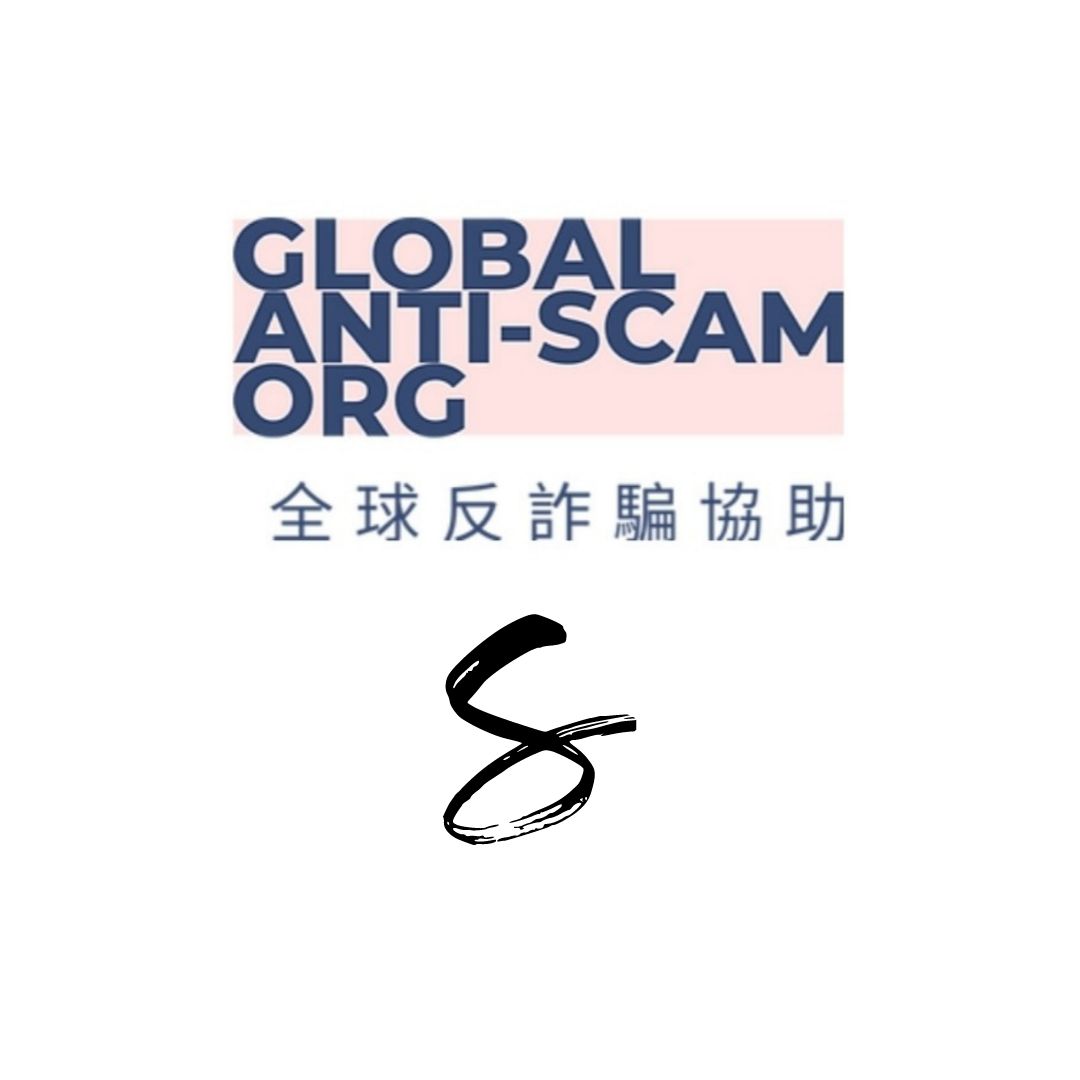Fireworks for a Million : The Story of Chuan and His Escape from a Cambodia Scam Center
- Global Anti-Scam Org

- Jan 23
- 4 min read
Updated: Jan 24
The Recruitment Trap
"Company put up fireworks for every 1 million USDT scammed from victims," recalls Chuan, a young man in his mid-20s who fell victim to a cruel recruitment scam.

Jobless and desperate, Chuan had just RM 10,000 (approximately US$ 2,000) left in savings. He turned to Facebook, messaging friends in search of employment. A childhood friend, Tan, claimed to have the perfect opportunity: a job in Cambodia paying RM 5,000 per month. Tan, who had recently returned from Cambodia, assured Chuan it was safe and legitimate, promising his support if anything went wrong.
Two days later, Chuan boarded a flight to Cambodia, hoping for a fresh start. He was met at the airport by a fellow Malaysian, who escorted him to a building in Phnom Penh. There, he was introduced to a shared room with two double-decker beds and a fenced-up balcony, signaling that escape would not be easy.
Inside the Scam Center
The very next day, Chuan was introduced to the operation—a scam center hidden behind thick curtains. Around 50 people worked there, divided into teams run by supervisors. Rumor had it that the Malaysian-owned business enjoyed protection from a high-ranking military official.
Work Structure:
Employees managed by supervisors (often identified only by nicknames).
Basic needs (food, lodging) controlled by the company.
Targets: Malaysian victims, tricked through social media ads offering cheap Japanese import cars.

Supervisors, often referred to by nicknames rather than real names, managed employees’ basic needs, from accommodations to monitoring sales targets. The company orchestrated scams targeting Malaysian victims, primarily through social media ads promoting cheap Japanese import cars.
The Car Loan Scam
Each employee was issued 2–4 smartphones with Cambodian SIM cards. Supervisors arranged for Malaysian WhatsApp numbers, used in ads on Facebook and TikTok. Victims who clicked were coaxed into supplying personal details—IDs, pay slips, driving licenses—under the guise of securing a car loan.
To make the scam seem legitimate, employees posed as sales agents, lawyers, and debt collectors, sending out fake booking letters and car ownership documents. Convinced they were finalizing loan payments, victims wired thousands of ringgit to cover bogus taxes and fees.
The Investment Scam—and Getting Sold
After six months of discomfort, Chuan informed the company he wished to leave. Almost immediately, he was sold to another scam center, called Donghu, in Sihanoukville—a place that also ran a casino, according to online maps. Here, Chuan shared he often see fireworks set off to celebrate large scam windfalls—especially single transactions exceeding USD 1 million.
The Cost of Failure
For Chuan, life at the scam center was harsh. Employees who failed to meet sales targets faced punishments, such as physical exercises like frog jumps or stair climbing. Despite these grueling conditions, Chuan received no salary for four months due to his lack of sales. His visa was also left to expire, leaving him in a precarious legal situation.
Planning His Escape
As the year drew to a close, Chuan saw a chance to escape. When the company took employees out for a celebratory dinner, he contacted a local recruiter who arranged for a driver to pick him up. Chuan ran for his life that evening, boarding a car that sped him away from the scam center to Phnom Penh.
Struggles in Phnom Penh
Without money or identification, Chuan’s life became a daily struggle. He spent his days borrowing money from Facebook contacts, scraping together enough to cover his hotel bills. A shelter was his priority, even over food, often surviving on one meal a day.
He contacted various NGOs and even a Malaysian politician, who lent him $200 to file a police report for his lost passport. However, overstay fines and repatriation costs were insurmountable until he reached out to the Global Anti-Scam Organization (GASO).
Finding Hope
With GASO’s help, Chuan found temporary shelter and food, giving him a chance to plan his way home. Chuan expressed immense gratitude for GASO’s support, which provided not only physical safety but also emotional relief during a dire time. During his stay with GASO, Chuan extended his help to other victims who had escaped from scam centers, offering them guidance and support as they navigated similar hardships. Chuan gathered enough resources for a flight back to Malaysia—just in time for Chinese New Year on 20 Jan 2025. He finally received a final boost of help from Ven. Shi Yun De, who has aided 450 Malaysian victims trapped in scam centers across Southeast Asia. His experience became a source of hope and encouragement for others facing the same challenges.

Chuan’s ordeal reveals the manipulative and high-profit operations of scam syndicates in Southeast Asia. His story underscores the urgency of:
Raising Public Awareness – Educate jobseekers about red flags and fake overseas opportunities.
Supporting Victims – Ensure NGOs and government bodies collaborate to assist survivors with financial, legal, and emotional resources.
Cracking Down on Criminal Networks – Strengthen cross-border law enforcement to dismantle scam centers and hold their backers accountable.
Through resilience and external support, Chuan managed to return home and channel his traumatic experiences into helping others. His journey is a powerful reminder that vigilance, information, and solidarity can save lives.




